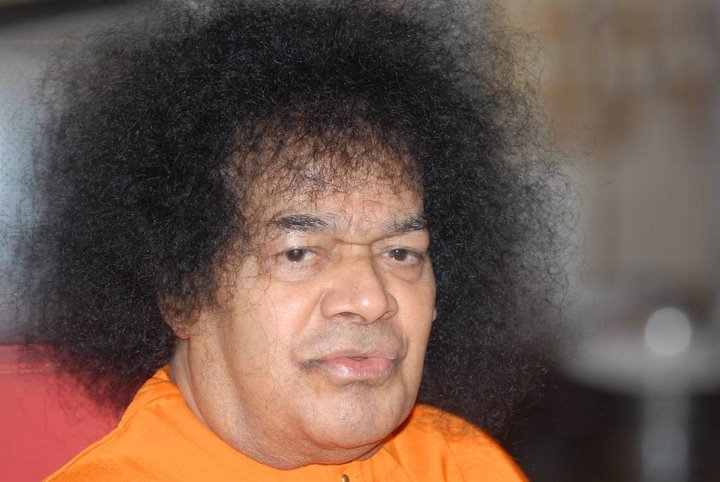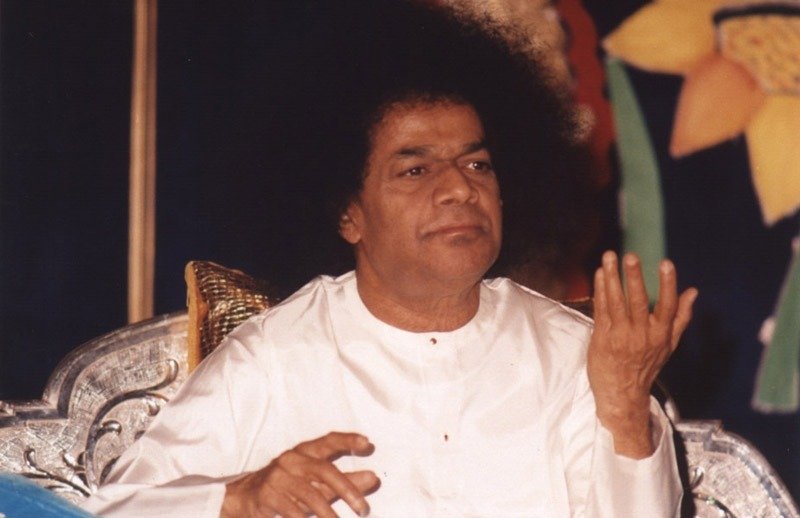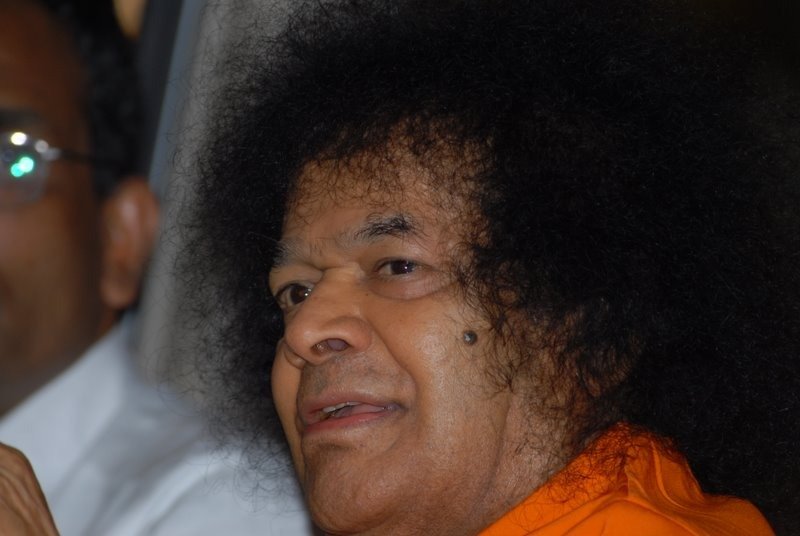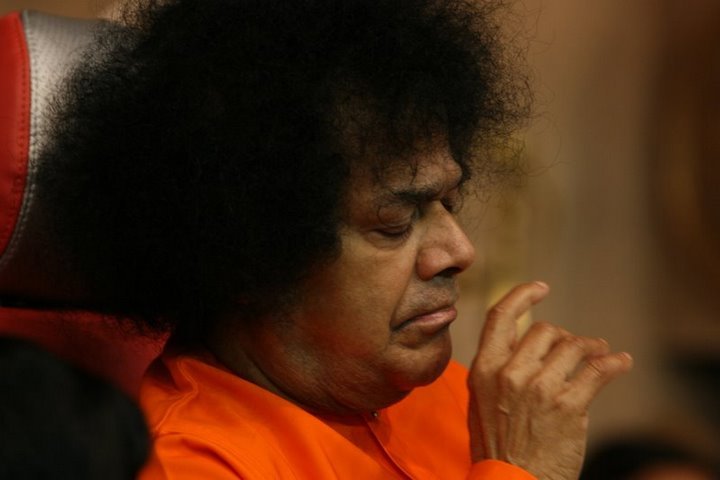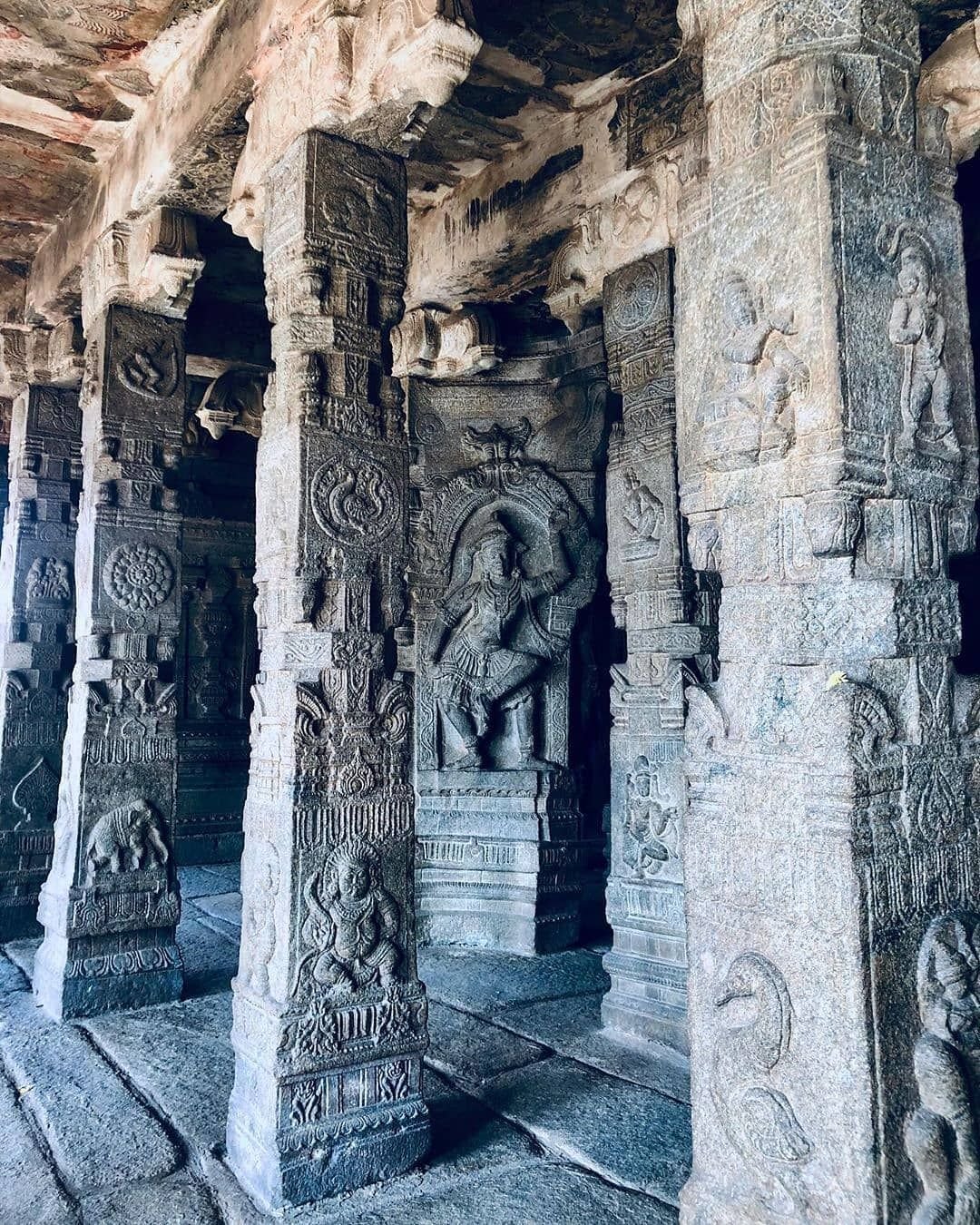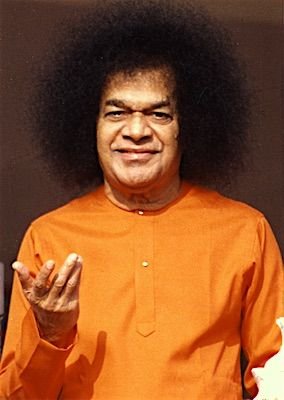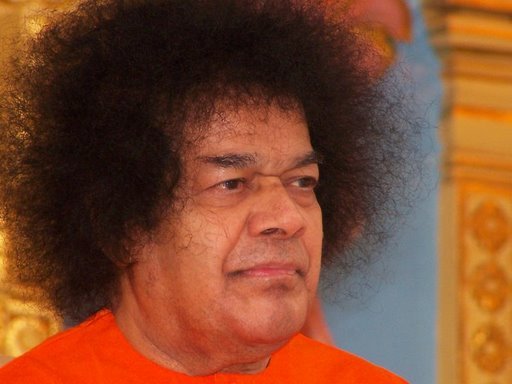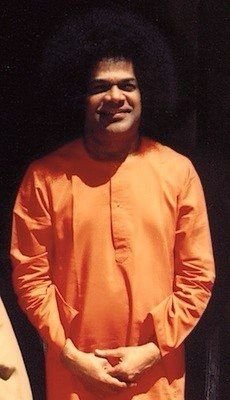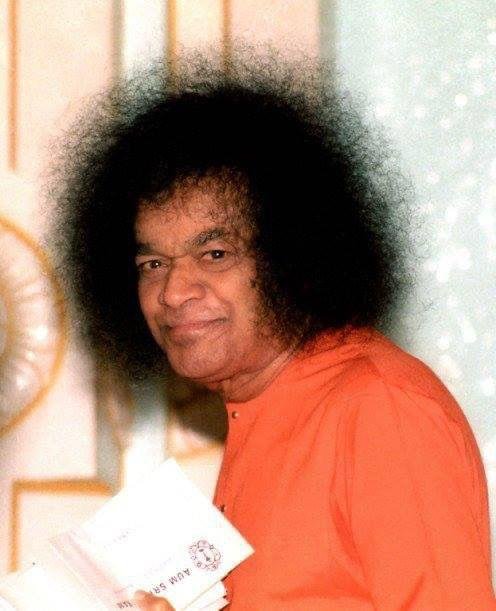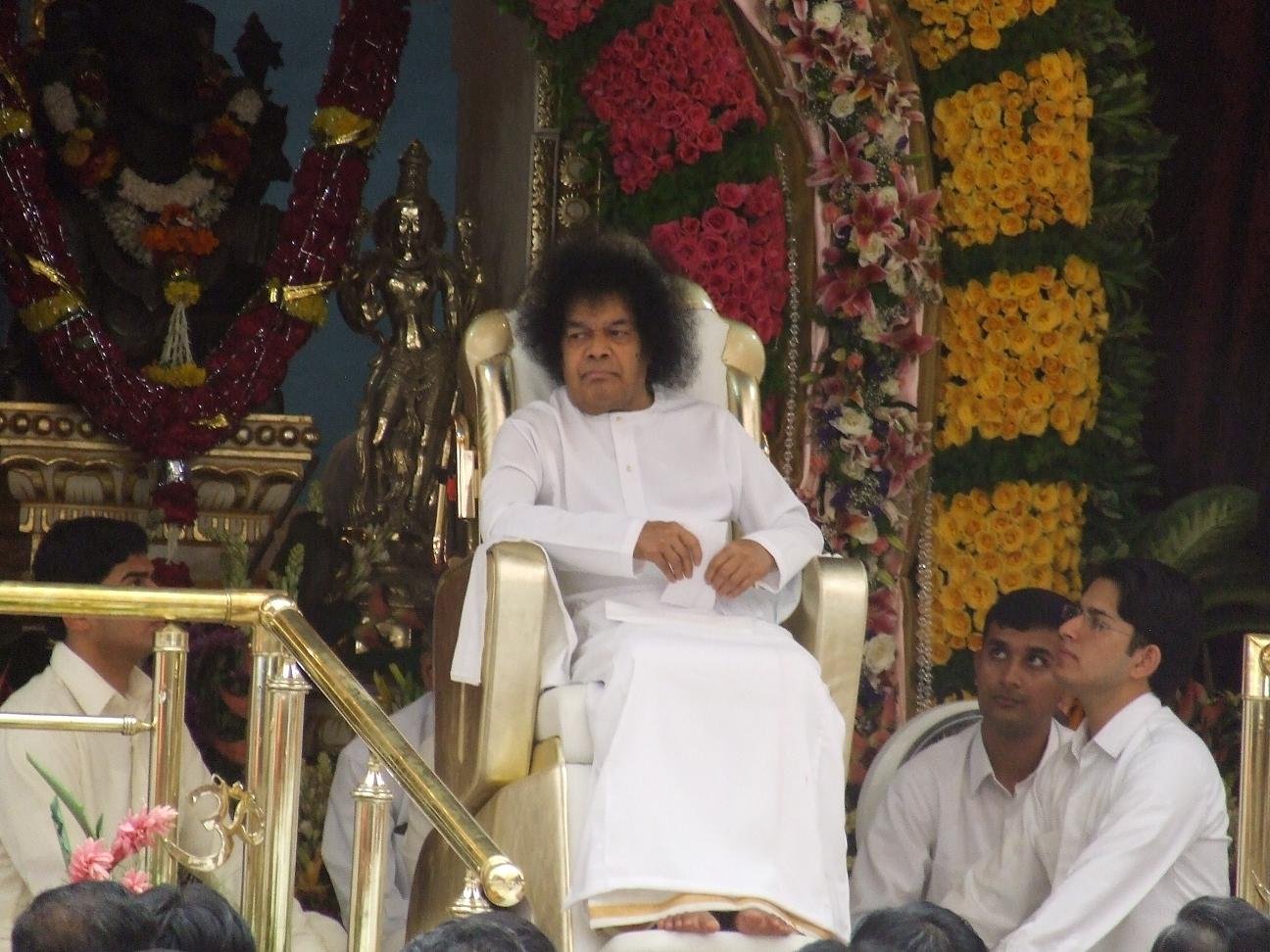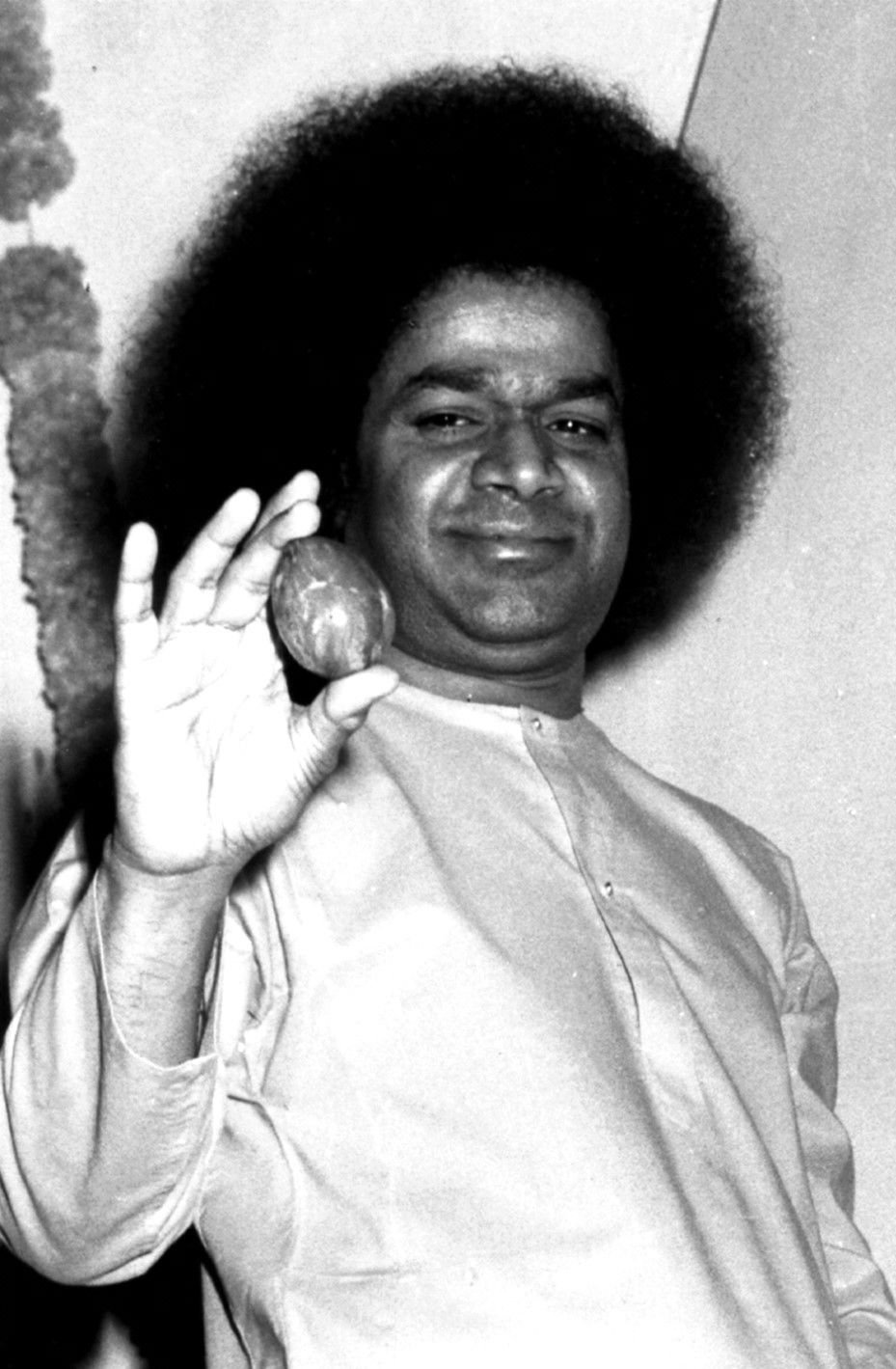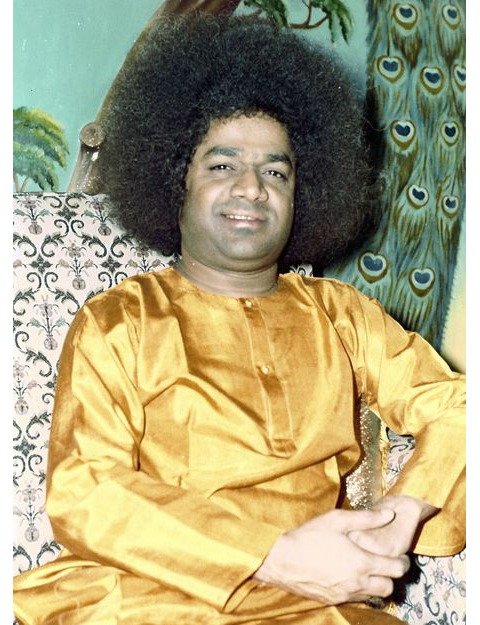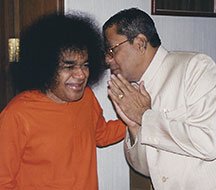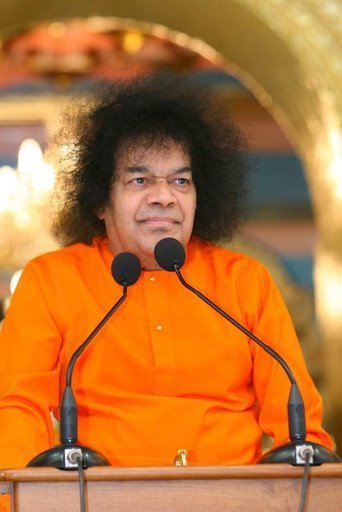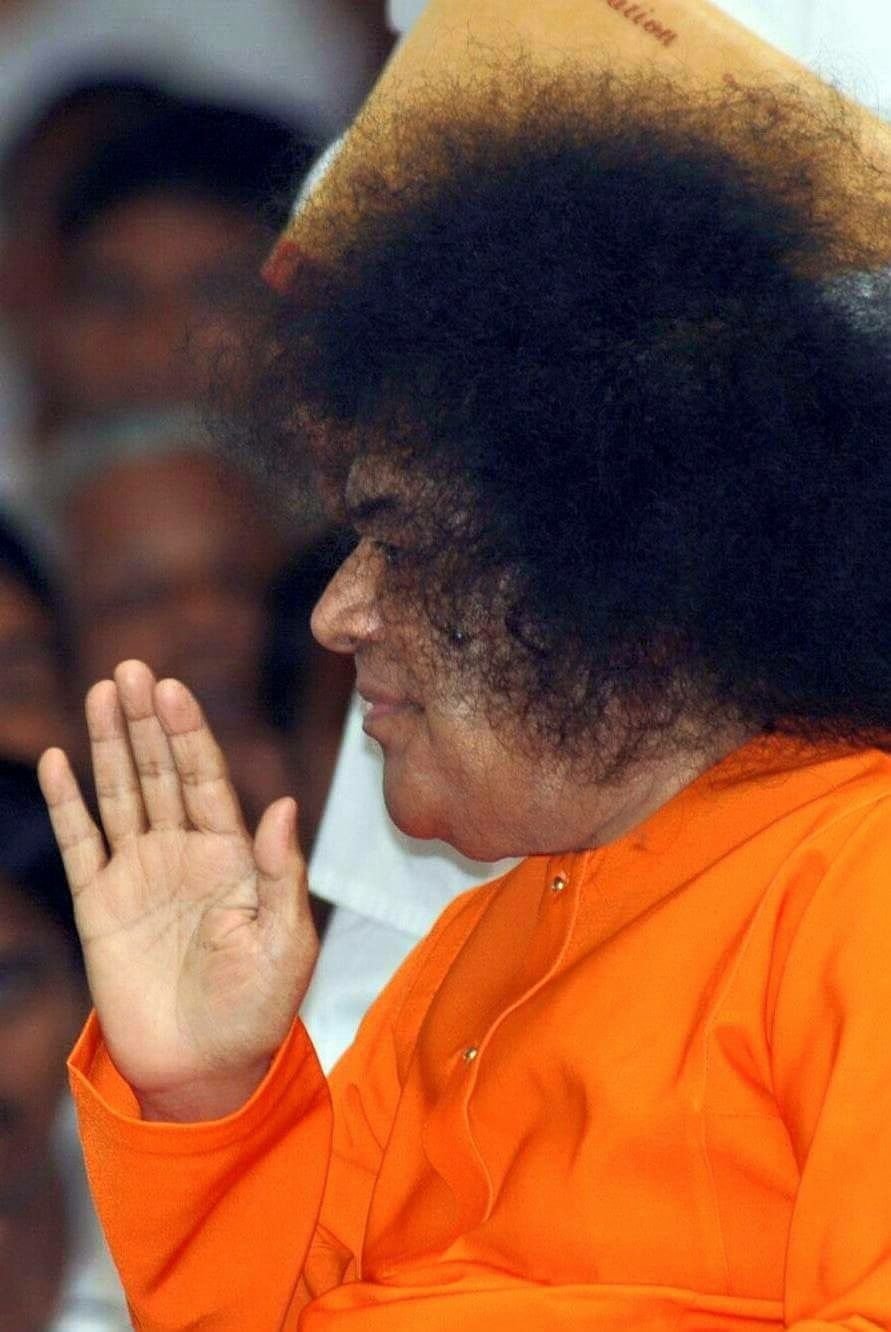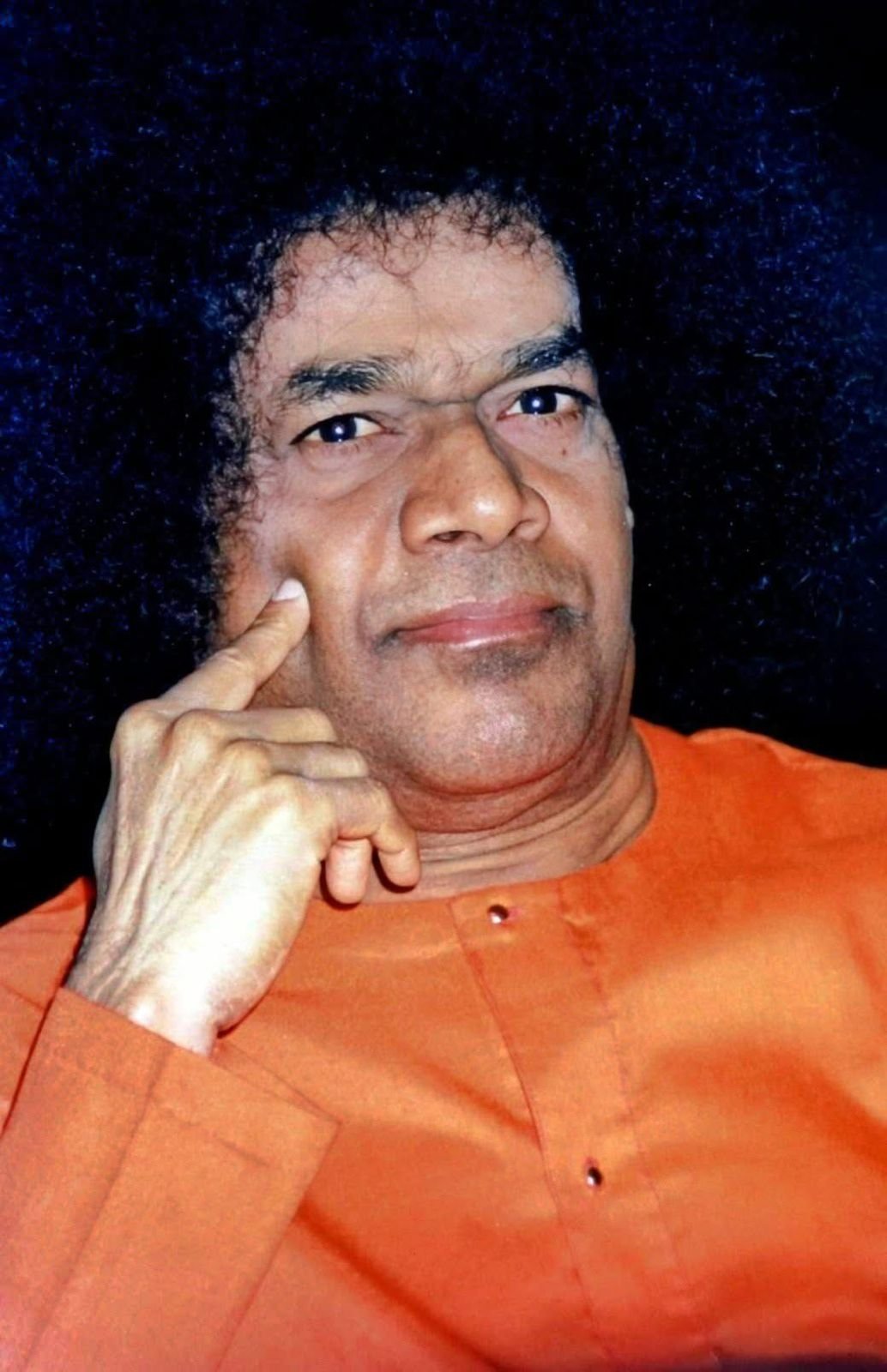Volume Twenty Nine (1996)
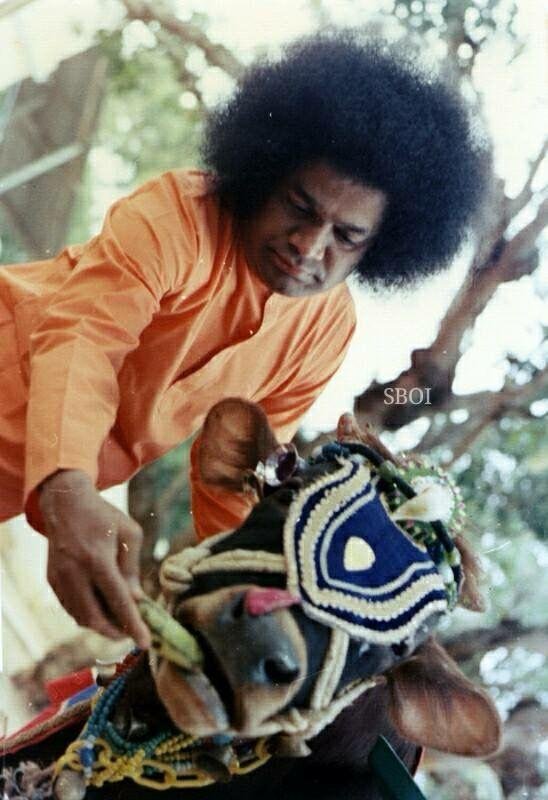
Sathya Sai Speaks – Volume 29 is a powerful collection of discourses delivered by Bhagawan Sri Sathya Sai Baba during the year 1996, addressing seekers, students, devotees and lay people alike. This volume is rich in teachings about the transformation of character, the cultivation of spiritual values, and the inner quest for truth. Among its many discourses, it speaks often of “triple purity” (purity of body, mind, and heart), the duty each individual has toward one’s fellow humans, society, and God, and emphasizes that external rituals are less important than internal sincerity and virtue. One of the recurring motifs is how each person should align their life so that thoughts, words, and deeds form a harmonious whole. Baba reminds listeners that true spiritual progress depends on being disciplined, morally upright, and constantly alert to the pull of lower impulses (greed, egoism, jealousy) which can derail one’s inner journey.
A number of discourses in Volume 29 focus on Spiritual Basis of Human Values, where Baba clarifies that values like honesty, compassion, self‐sacrifice, duty, and firm faith are not just social good but divine imperatives—guardians of moral order and inner peace. Education, too, features prominently: Baba calls on students not merely to excel in studies, but to become bearers of character. In particular, the talk titled “Bhagavaan Baba’s Exhortation to Students” urges youth to reject shortcuts in life, to cultivate perseverance and hard work, to develop integrity, and to see their studies as a means to serve humanity rather than simply to gain positions or prestige. There is also a strong emphasis on sense control (indriya nigraha) and self‐discipline, as part of spiritual sadhana (practice). Baba teaches that the uncontrolled senses lead the mind astray, while mastery over them strengthens faith, steadies the heart, and increases inner peace.
Another major theme of this volume is love, faith, and surrender. In “Selfless Love and Firm Faith,” Baba enjoins devotees to love God and others selflessly, to surrender doubts and fears to the divine, and to walk life’s challenges with trust. This faith is not blind, but informed by devotion and sustained by practice. Alongside this, there are many discourses that remind listeners that God is the sole refuge in times of trouble, grief or anxiety; that one’s own divine identity (Atma) is the eternal basis of existence beyond birth, death, and worldly change. In “God is the sole refuge,” Baba comfortingly assures those who suffer that sincere devotion and turning to God inwardly is more powerful than any external remedy.
Volume 29 also draws on stories from the Indian epics and Puranas (Ramayana, avatars, heroic figures) to illustrate spiritual truths. For example, discourses like “Greatness of Vibhishana” or “Greatness of Rama-Rajya” are used not just as mythic retelling, but as pointers to ideals—loyalty, righteousness, sacrifice, humility. The epics become mirrors to examine one’s own life: are we following dharma? Are we faithful in adversity? Are we seeking truth or succumbing to immediate comfort?
On the practical side, Baba leans heavily on the exhortation to render unto God what is God’s—live honestly, fulfill one’s obligations, serve others selflessly, speak truth, keep one’s word. These are not lofty ideals removed from everyday life but actions that define one’s spiritual progress. Discipline—both internal (of thoughts and feelings) and external (in fulfilling duties)—serves as scaffolding for inner transformation. Ultimately, Volume 29 draws the aspirant’s attention inward: insisting that the ultimate goal is to recognize one’s true nature, stabilize in divine consciousness, and let love, truth, and service flow naturally as expressions of that inner realisation.


